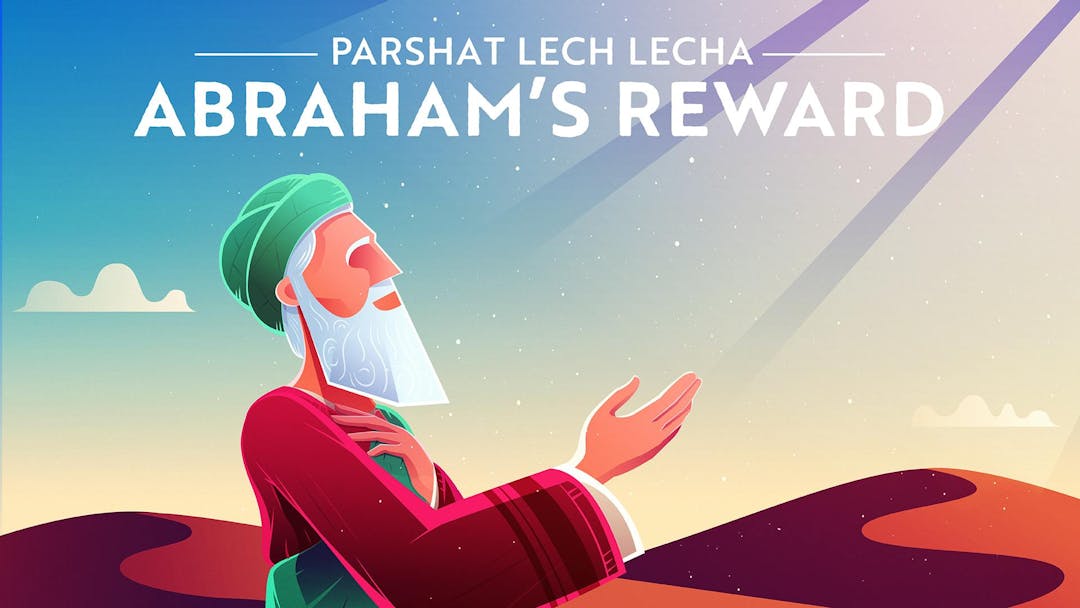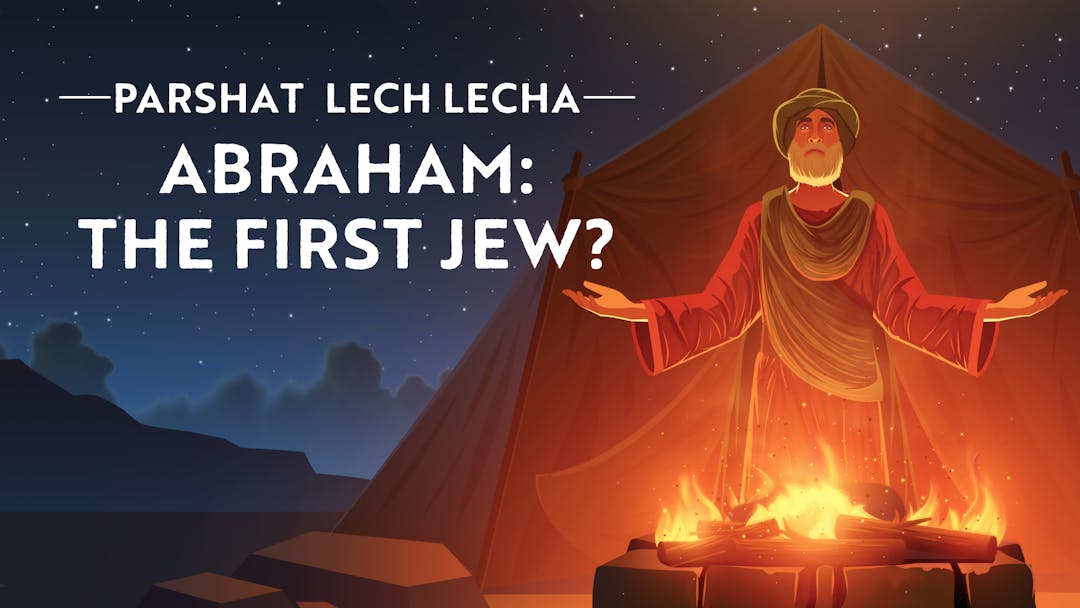Start your free trial today to unlock the full library and enjoy unlimited and uninterrupted access.
Get StartedWhy Did God Choose Abraham?
How Abraham Became The Father Of Faith
This parsha is full of little vignettes about Abraham’s life: he builds some altars, goes to Egypt, splits up with Lot because their shepherds can’t get along, gets involved in a big war, and has this crazy dream where God makes him a lot of promises. It feels like a bunch of random episodes of “a day in the life of Abraham.” But what are we supposed to learn from all of these stories? Is there some central theme here that can teach us about why God chose Abraham and not someone else?
In this video, Rabbi Fohrman shows us that not only is there a common thread that weaves its way through all of these stories, but that together these stories make up the central, epic saga of how Abraham became the Father of Faith.
In each of these life events, Abraham faces a single struggle and this struggle holds the key to understanding why God chose Abraham in the first place, what his mission was about, and how Abraham came to be chosen as the Father of Faith.
Watch more:
Want to watch the full video for free?
Enter your email and we’ll send you a link to watch the full series free.
What is Aleph Beta?
Aleph Beta is a unique kind of Torah library. Led by our founder, Rabbi David Fohrman, we are dedicated to high-level, textual Torah learning for adults that is intellectually and spiritually sophisticated, that enlivens your Jewish practice and helps you forge a deeper connection to God. Whether you’ve been learning in yeshiva for years or you’re just beginning your Torah journey, you’re sure to find something meaningful and surprising waiting for you here.
Browse our library of over 1,000 beautifully produced animated videos, podcasts, deep dive courses, and printable guides. Topics include the weekly parsha, Jewish holidays & fast days, laws & mitzvot, prayers, relationships, big philosophical ideas and more. Have something to say at the Shabbos table that will amaze your family and guests and bring deep meaning into their lives.











